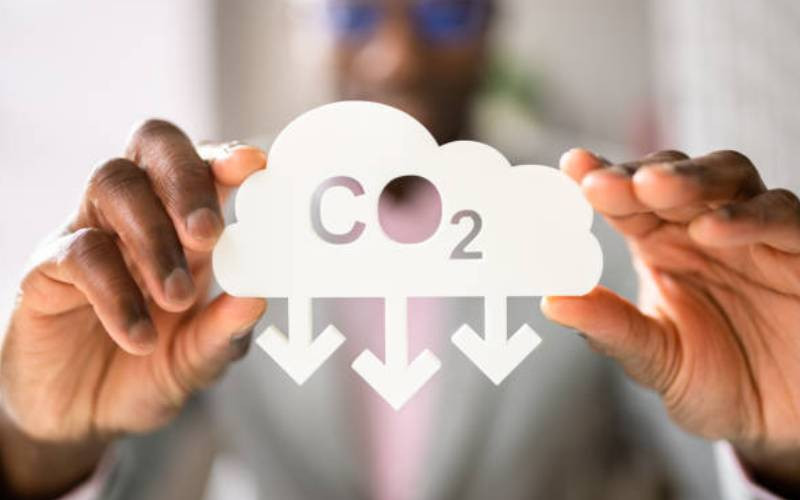
Introduction of the 2023 Carbon Markets Regulations is a positive step towards promoting the formation, involvement, and oversight of carbon trading in Kenya.
In the pursuit of climate change mitigation and sustainable development, the United Nations' Intergovernmental Panel on Climate Change (IPCC) formulated a transformative carbon credit proposal within the 1997 Kyoto Protocol agreement. This initiative was adopted at the third session of the Conference of the Parties (COP3) as a response to the urgent need to curb global carbon emissions.